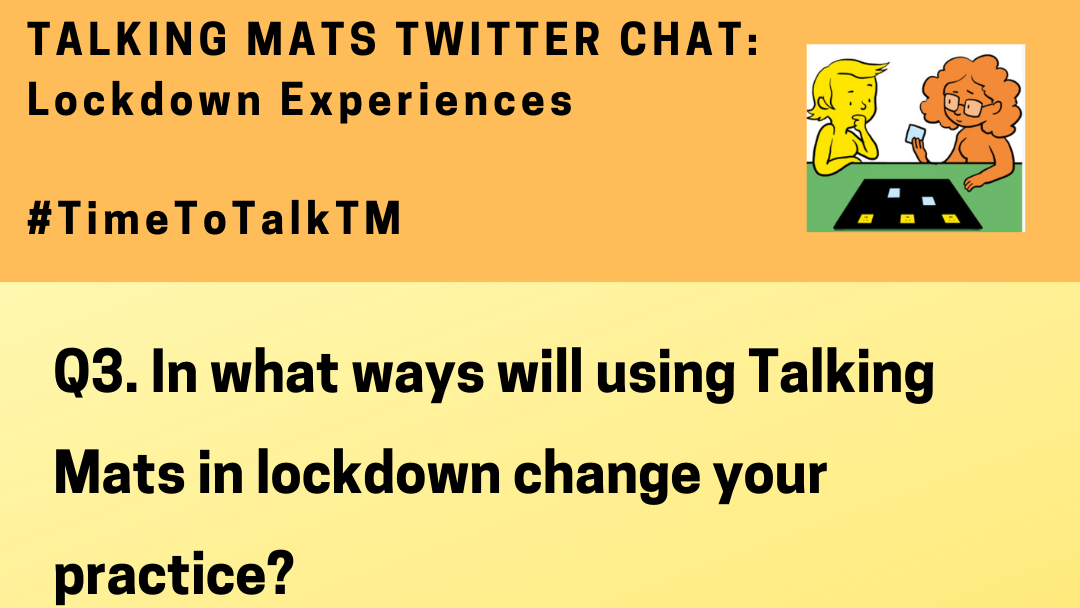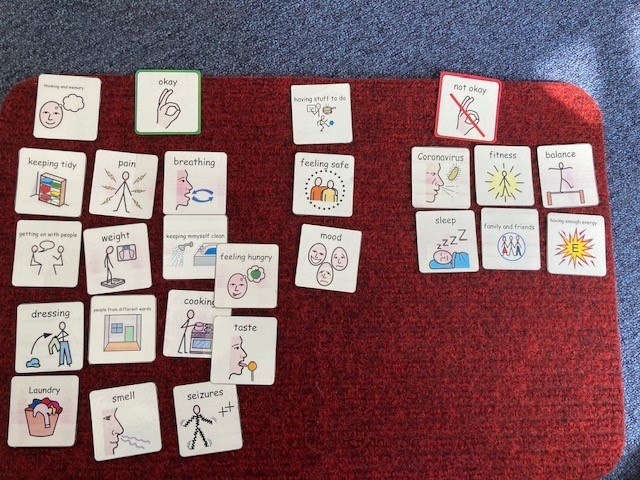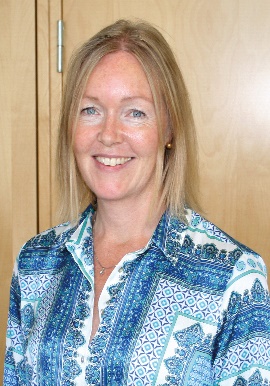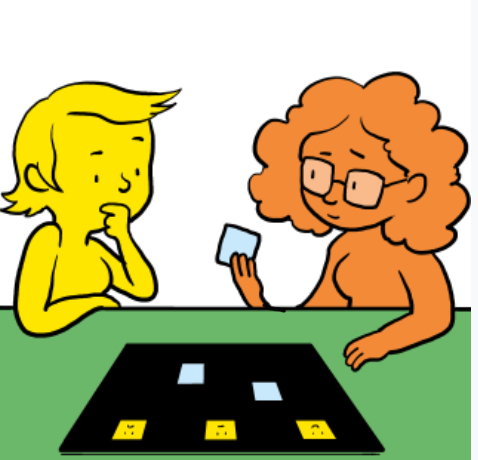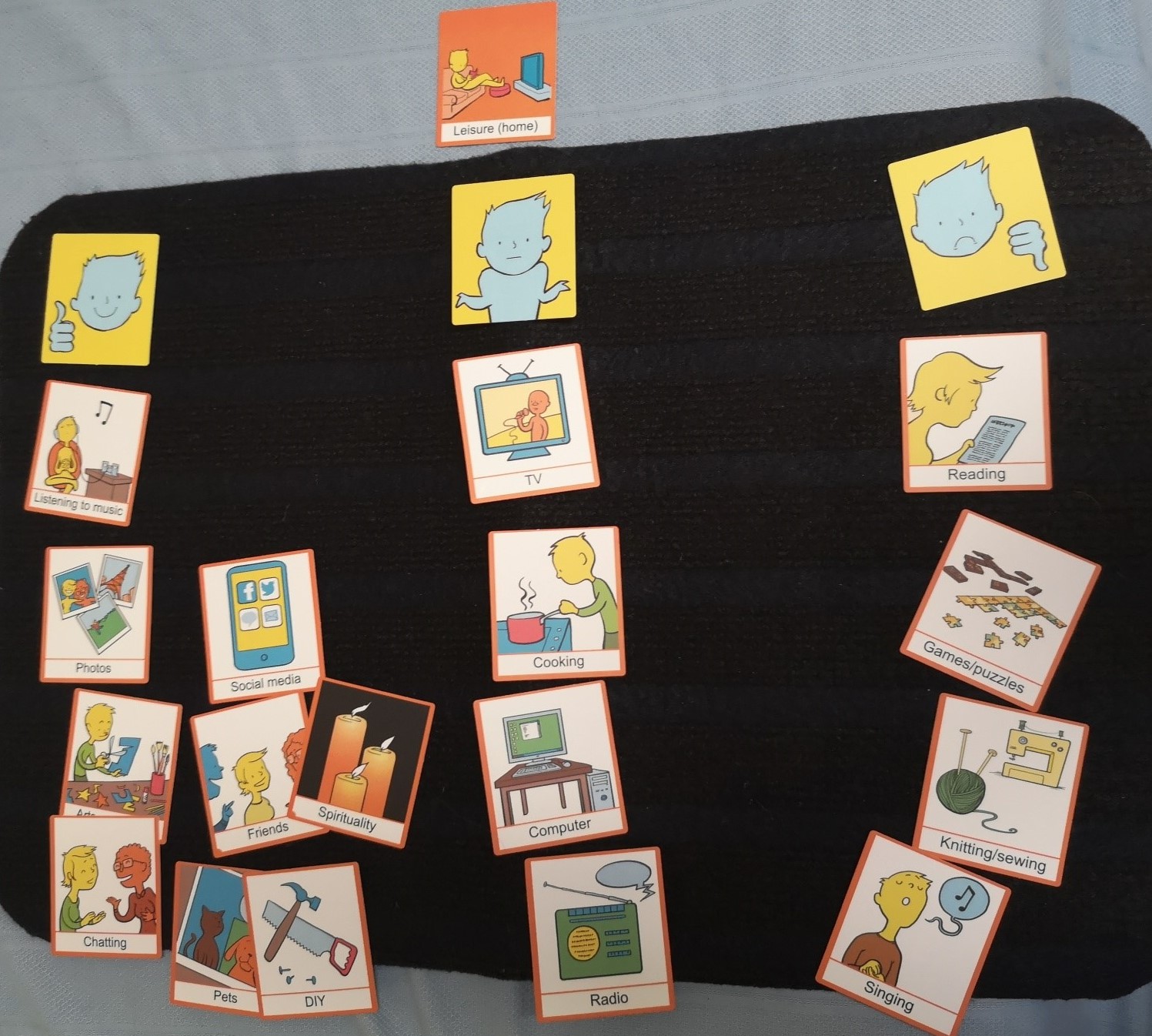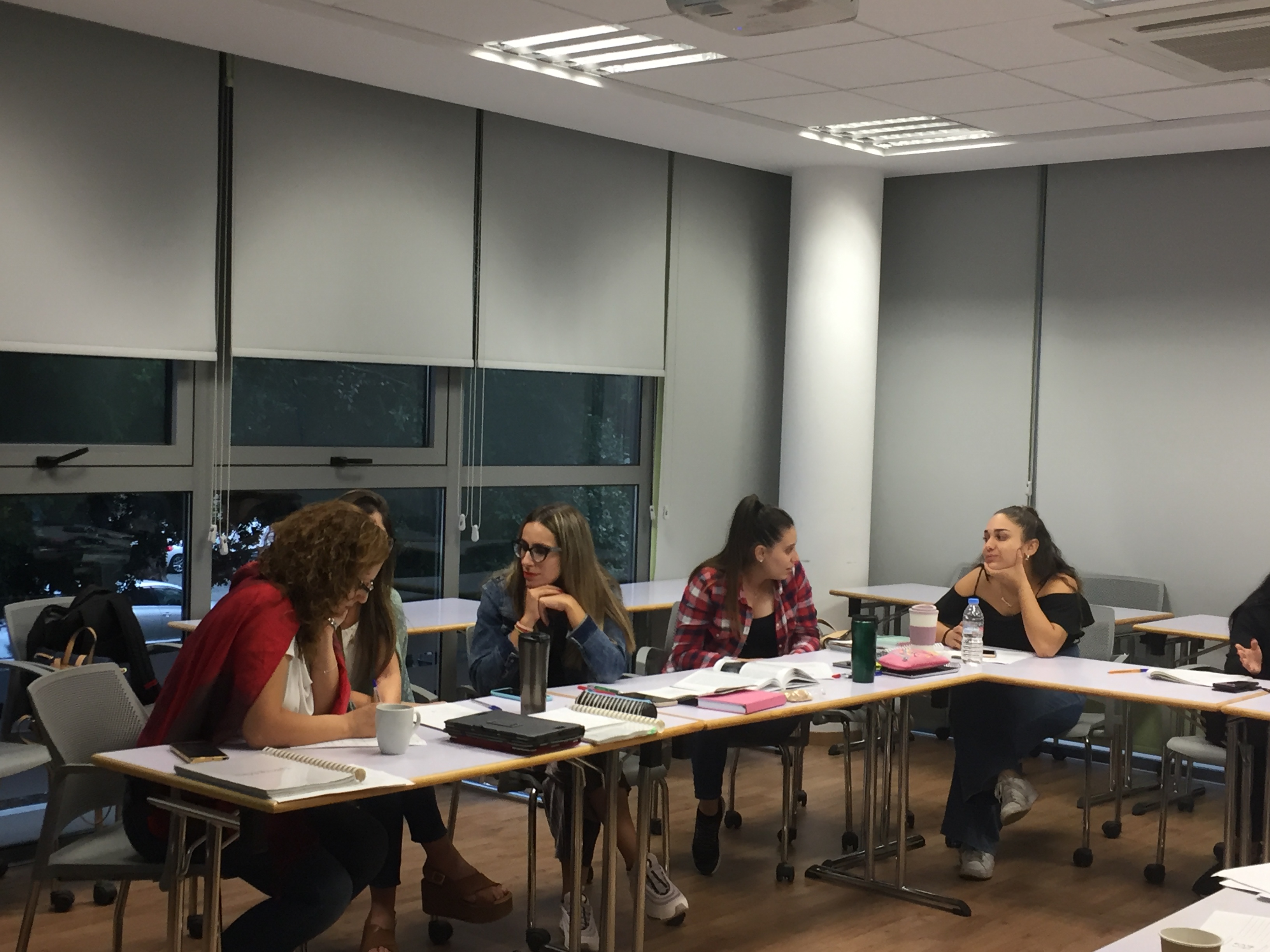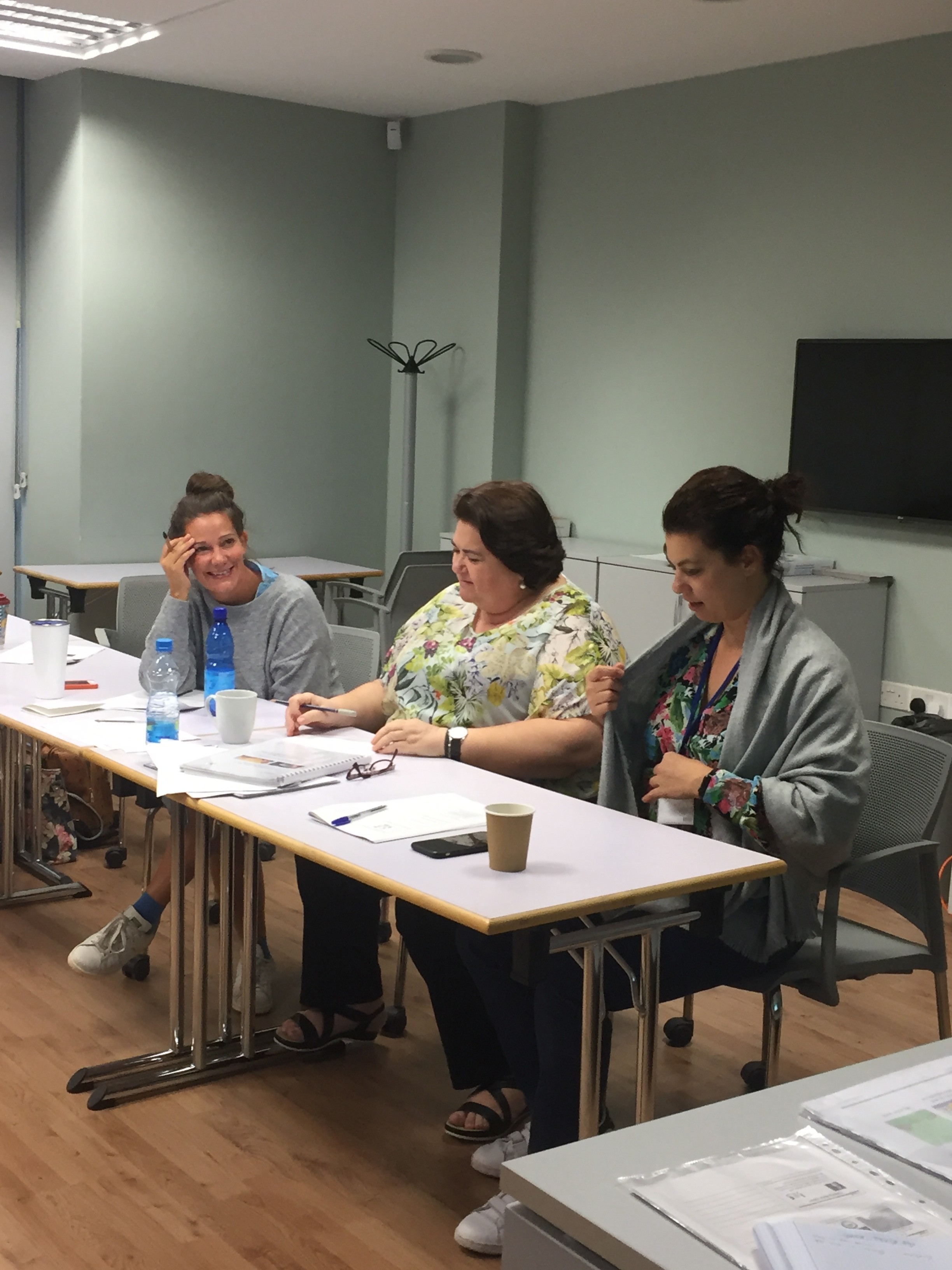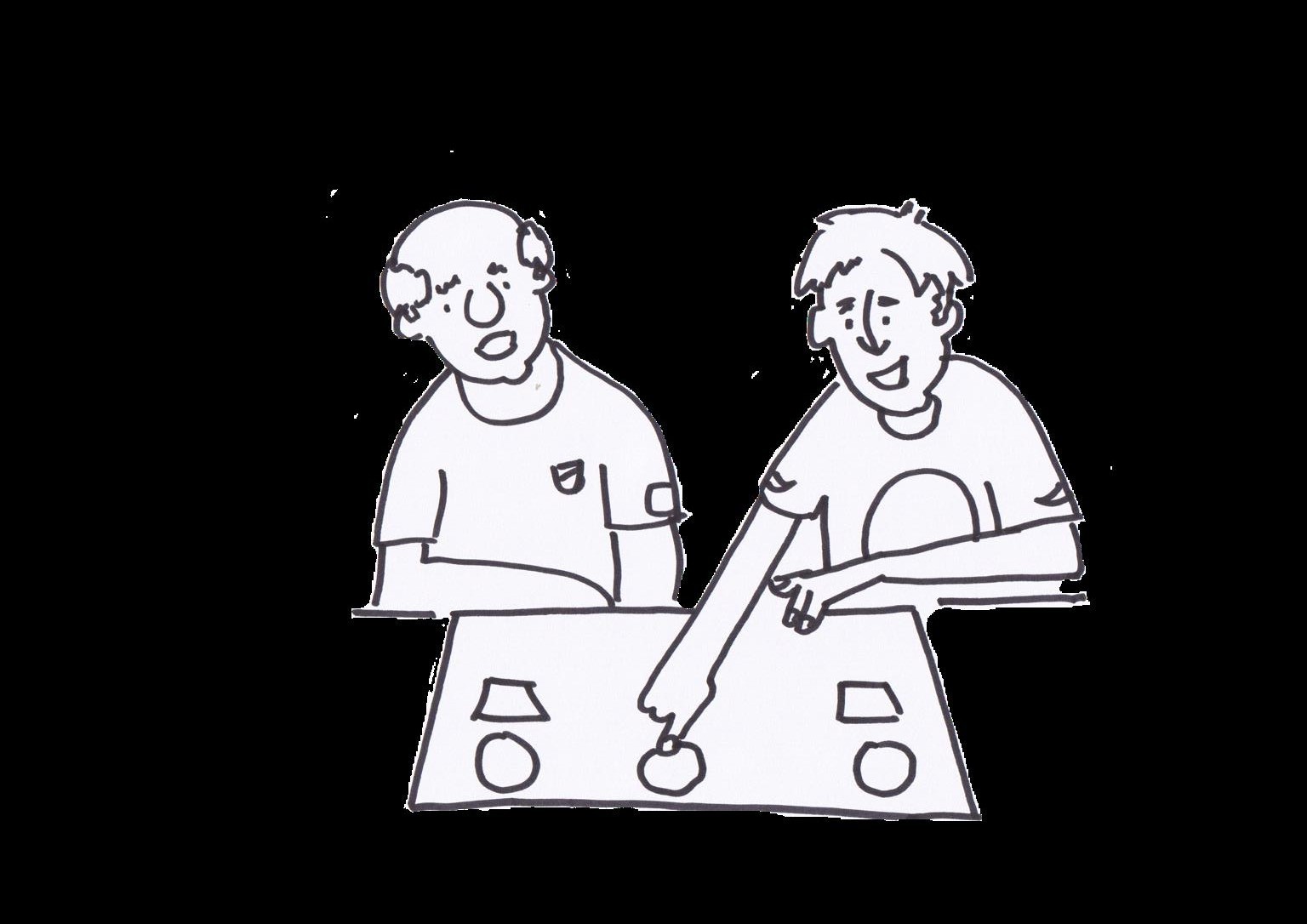We are really looking forward to our first ever Talking Mats Twitter Chat on Thursday 01.10.20 from 7.30 – 8.30pm!
It will be a great opportunity to share experiences and ideas – here are the questions we will be asking:
This will be followed by a brief summary of the key learning points from the discussion. Join in and remember to use #TimeToTalkTM in all your comments – we look forward to chatting with you all!
Many thanks to Edith Barrowcliffe from The Action Group for sharing her experiences of using Talking Mats to support counselling with adults who have cognitive or communication difficulties. Watch this space for Edith’s follow-up blog next week which will describe how she has continued to use Talking Mats during lockdown. Please note that the image used in this blog is from a mock session and has been taken for publicity purposes only.
Eleven years ago, I began working at The Action Group with adults who have additional support needs and was struck by how many had mental health difficulties that they were getting little help with. Sadly, with services scarce enough for the “mainstream” population, I could see why.
The issue resurfaced for me in 2016 when I began training as a counsellor. I kept returning to whether talking therapy was possible with those who had difficulty communicating – or even thinking about – their feelings.
Then in 2019, I attended Talking Mats training. Immediately excited by the potential for emotional connection, I signed up for the advanced “Keeping Safe” training and approached The Action Group’s CEO with the beginnings of a plan.
I’m fortunate in working for an organisation willing to take new ideas and run with them. Within six months I was embarking on a pilot project, called HearMe, offering counselling to adults with cognitive or communication difficulties, with Talking Mats as a key method to help overcome those barriers. Within a fortnight of opening the service was full to its limited capacity and had a waiting list!
The work has been experimental, learning as I go and adapting to the particular needs of each client. To conduct initial assessments, I’ve assembled symbols based on “Thoughts and Feelings” from the “Keeping Safe” pack. We return to this to review progress. Most clients have used a top scale of “True”/ ”Not True” with statements “about me” for the assessment. We always begin with a practice mat based on more neutral material, allowing the client (Thinker) to learn what’s involved and me to gauge whether the mat is right for them. This is crucial – one client found a way to frame everything we placed on the mat positively even when they’d been able to tell me the opposite was true a moment before! In this case we simply used each symbol as a focus for exploration.
We’ve kept the number of questions relatively small, but the assessment can take two or three sessions to complete as clients often respond quite deeply to the symbols.
Some more verbally able clients move on to a more “freeform” style of counselling as we progress, relying less on the mat to open up. But even in these cases having symbols on hand can be helpful. One client brought up the topic of sex – then apologised and asked if it was OK to talk about it.
“It’s fine,” I was able to reassure her, producing the relevant symbol. “Look, we even have a picture for it”. She laughed and visibly relaxed, the card giving her tangible evidence that the topic was allowed.
It’s still early days, but from the feedback we’ve received so far, the project really seems to be helping people to open up, express feelings they’ve never given space to before, and explore ways they want to change their lives. The power of simply being heard.
Edith Barrowcliffe, Hear Me, The Action Group
With thanks to our funders and partners for making this work possible – Hospital Saturday Fund, The Action Group Board, Leith Benevolent Society, Port o’Leith Housing Association, and The Scottish Government. And to the team at Talking Mats for their support and help!
Follow the link below to find out more about our Keeping Safe training (now available online) and resource:
https://www.talkingmats.com/keeping-safe-a-new-talking-mats-resource-available-to-purchase/
As a group of Allied Health Professionals (AHPs) working in a secure hospital we recently embarked on a mini project using Talking Mats to check in with our service users with learning disabilities during Covid-19. We collated the evidence from our respective professional bodies (Royal College of Occupational Therapy, Royal College of Speech and Language Therapy, Chartered Society of Physiotherapists and British Dietetic Association) in terms of changes that people might experience if they’d had Covid-19 and produced a talking mat around these.
It quickly dawned on us that we might be on to something here, and that creating an opportunity to ‘check in’ more broadly with our service users would serve a useful purpose, so we added some additional categories around changes to routine, psychological wellbeing and feeling safe.
This was my colleagues’ first experience of using talking mats, and their faces when I turned up clutching my 99p actual doormat were a picture! I introduced them to the theory behind the mat and its presentation and harped on about the benefits in terms of attention, comprehension, non-threatening interaction, initiation and structuring narrative; they nodded supportively.
We set off across our learning disability wards in multi-disciplinary pairs and all but a few of the service users agreed to have a chat with us. My colleagues commented that they were pleasantly surprised by the engagement and the amount and novelty of the information gained; we identified things that the service users hadn’t told anyone because they hadn’t been asked that question!
In talking to others we were asked why weren’t rolling this out in a partner secure hospital for people with mental health conditions? ‘no reason really, we just haven’t got there yet’ we answered. Then came the…. but we can just do it like a questionnaire with them. This question wasn’t, and in my experience isn’t ever ill meant. It comes from a place of naivety in relation to the presence of communication difficulties in people with mental health conditions and because of that, lack of exposure to different professional groups such as Speech and Language Therapy and the skills and approaches we have to offer. Skills in gaining and holding someone’s attention. Skills in decreasing pressure in communication situations. Skills in enabling time, space and ways in which people can initiate their thoughts.
The Multi-Disciplinary Team (MDT) working around the project has enabled me to show others how talking mats can support their practice. It has enabled them to see how a very simple and non-threatening visual tool can open up conversations and lead to information that the service users hadn’t shared before, in a way that a face to face conversation doesn’t.
Thanks to Jo Brackley, Clinical Lead, Speech and Language Therapy Secure Services at Cumbria, Northumberland Tyne and Wear NHS Foundation Trust for this inspiring blog – which demonstrates when we shift the way we listen and gather information from patients we get a different result and improve the quality of information and communication . If you or your team want to consider Talking Mats training then we can provide this for organisations . At the moment we can take a cohort through our online course together and then arrange a zoom call to discuss application to your work setting – email info@talkingmats.com for more information.
Many thanks to Professor Anna Dunér, Dr Angela Bångsbo and Associate Professor Tina Olsson for this guest blog describing their research project where Talking Mats will be used to enable service users living with dementia to be involved in decisions about their home care services. The project is based on a collaboration between Department of Social Work at the University of Gothenburg, Borås University College and the municipality of Borås, aiming to develop and evaluate the use of Talking Mats.

In Sweden, as in many other developed countries, ideas of consumer choice and personalisation of services have been implemented in social care with the intention of achieving better choice and control as well as increased quality of the services provided for the individual. However, persons living with dementia are at risk of being excluded from the opportunities provided to other groups of service users. Thus, it is important to develop both needs-assessment procedures, and improve the performance of home care services, to enable older people living with dementia continuous choice and control in their everyday living.
We hope that Talking Mats will improve the communication between service users, care managers and staff in eldercare and lead to increased influence of service users over the decisions and planning of their home care services.
During 2020 we have funding for a planning study where we can develop and test the Talking Mats decision aid, identify, translate and test outcome measurements, and refine and test the procedures for a comparative intervention project. In 2021 we hope to attain funding for a three year study.
We have already received valuable advice and information about Talking Mats research from Dr Joan Murphy and hope to keep in contact with her and the Talking Mats team throughout our project.
If you are interested in Talking Mats Research, check out our recent blog with details of how you can get involved with our Virtual Network:
https://www.talkingmats.com/virtual-talking-mats-research-network-launched/
Many thanks to our new Talking Mats Research Associate, Dr Jill Bradshaw (Tizard Centre, University of Kent), for this latest blog focusing on how Talking Mats can help people with communication difficulties to express themselves – to help work out the reasons for behaviour that challenges.
We know that around 10-15% of people with intellectual and developmental disabilities display behaviour that can be challenging. This might include hitting out at other people or injuring themselves. These behaviours can serve very important functions for the individual (e.g. to avoid something unpleasant or to get a need met). When we try to help make things better, we often focus on improving communication, quality of life and health and wellbeing more broadly.
How do we work out why behaviours that are challenging occur?
We often spend time observing the person and talk to carers and staff who work with the person to gain information about what is working well and what might help. This is part of a functional analysis. Here, the aim is to identify the factors that have led to and are maintaining the behaviours displayed. Traditionally, we have not really asked people directly what they think. This is partly people who display behaviour that challenges almost always have complex communication challenges.
How can we better access views of children and adults and would Talking Mats be one way of gaining views?
Together with Nick Gore, we have been working on ways of using Talking Mats to enable children and adults to give their views. We developed a series of mats focusing on:
- Likes and dislikes;
- Difficult behaviours;
- Things that help;
- Things that don’t help;
- General preventative variables.
What happened when we used the Talking Mats?
People were able to use these Talking Mats to tell us about what was important to and important for them. Some information was similar to reports from carers and staff and some information was in addition. For example:
- we gained information about preferred activities, such as riding bikes and preferred snacks. Doing things we like to do is important for all of us!;
- people gave us information about their difficult behaviours and where these took place;
- people were also able to give us at least some information about what made a bad day and what helped on a bad day. This information helped to inform support strategies.
You can read more about this work here: https://kar.kent.ac.uk/67033/1/PDF_Proof%20%283%29.pdf
Using Talking Mats certainly enabled some people to give their views. It was particularly helpful as a way of talking about difficulties, where a focus on the mat rather than on direct questioning was useful.
As expected, more people were able to access the more concrete topics we discussed and the more abstract topics were more difficult. We have also been working with the Challenging Behaviour Foundation to develop a range of methods (including Talking Mats) to help to gain the views of people with communication challenges. You can read more about this work here:
To view Jill’s presentation about this topic from our Talking Mats is 21 event last August, click here: TM and PBS final version for handout
If you are interested in Talking Mats and Research and have completed our Foundation Training Course, you can find out more about our new Talking Mats Research Network Group by emailing Jill at J.Bradshaw@kent.ac.uk, and watch this space for a new blog all about the group – coming soon!
Many thanks to Georgia Bowker-Brady, Advanced Specialist SLT (Berkshire Healthcare Foundation Trust) for this latest guest blog.
I attended the Talking Mats training in June and I work in both dementia care and acute mental health in-patient services.
I had initially imagined that I would primarily be using the Talking Mats to support the dementia patients.
However I’ve been surprised to find that I have been increasingly using Talking Mats with functional patients and it has been a really positive tool when discussing with patients about their self-care, the care they are receiving in the hospital and opinions on discharge.
Due to their mental state, many of the patients may find it hard to organise and express their thoughts, and if patients are hypomanic it can be difficult for professionals to guide the topic to get meaningful information, but Talking Mats has really helped with this! It has also been pertinent in establishing patients’ insight levels and gaining better understanding of their impression of the current situation.
Here is a photo of one my mats from the psychiatric adult acute wards. This was for a patient who is severely low in mood and has relatively recently gone through a traumatic incident. The ward staff and OTs have had difficulty gathering any information about what she ordinarily enjoys doing in order find some activities to try and engage her with.
The staff stated that the patient would simply report she doesn’t enjoy anything and questions about what she used to enjoy received no answer. I went and did a joint session with the OT where I asked about what she enjoyed doing before this incident and we did the mat (see picture below) in a matter of minutes.
This can now provide a starting point for considering areas for trying to encourage some behavioural activation.
We then extended it by using an emotions wheel to ask how she felt about certain activities available in the hospital. We were able to establish that she felt fearful about trying new things and sad about carrying out certain activities she used to do prior to the incident.
It is wonderful to hear such a great example of Talking Mats in action – if you have any stories you would like to share, please get in touch with us at info@talkingmats.com
The Talking Mats Board is delighted to appoint Dr Jill Bradshaw from the Tizard Centre, University of Kent, to the position of honorary research associate. This is our first appointment of this kind. Talking Mats is an evidence-based framework and research is important to us – but that research needs to be much more diverse, and involve a much wider range of people.
Jill’s role will be to give the Talking Mats team:
- A sounding board for research ideas and proposals
- Advice and support on publishing articles
- Identify research gaps and advise on funding avenues
We are also very aware that a number of people are using Talking Mats as a research tool, and Jill will also help to develop a virtual research network to bring interested researchers together. We are still exploring ways in which this could work, but it could involve an email network, virtual seminars and/or twitter chats. If you are interested in being included, and have completed our Talking Mats Foundation Training course, Jill would love to hear from you. Please email her on J.Bradshaw@kent.ac.uk – or email info@talkingmats.com and we will forward your interest to her.
Jill is really excited about this new post. She says ‘We know that the voices of people who have communication challenges can be excluded from research. This is a great opportunity to work with others to think about how we can use Talking Mats creatively in research and to find ways of including views from a wider range of people’.
Lois Cameron
November 2019
Many thanks to our Talking Mats Founder, Dr Joan Murphy, for this latest blog talking about the training course she recently delivered at the Cyprus University of Technology.
Cyprus is a beautiful Mediterranean island with a population of approximately 1 million.
I was invited by Dr Eliada Pampoulou to run a 2-day course on Talking Mats for 12 Speech and Language Therapists, some of whom are masters students and some, lecturing staff at the Cyprus University of Technology. The Cyprus University of Technology founded the first Department of Rehabilitation Sciences in Cyprus and the Department offers the first public recognised university bachelor degree in Speech Language Therapy / Speech Language Pathology in the Greek language (https://www.cut.ac.cy/faculties/hsc/reh/).
Day 1 was a Talking Mats foundation training course and Day 2 focused on discussion around capacity, research and clinical applications. This model worked very well as the participants were able to think about and discuss how to apply the training immediately.
Some of the immediate plans of the participants were both clinical and research oriented and are outlined below:
- To administer the Greek Stroke and Aphasia Quality of Life Scale (SAQOL-39) with healthy people over 50 both with the text version and an adapted Talking Mats version quality and to examine which they prefer.
- To use Talking Mats both with people with people with aphasia and their carers in order to share their understanding about the communication skills and needs of people with aphasia.
- To use Talking Mats as a tool to identify the factors that are related to AAC system acceptance or abandonment by focusing directly to the views of people with complex communication needs
- To use Talking Mats as a goal setting tool for both paediatric and adult population
- To use Talking Mats to gets clients feedback about therapy services
- To use Talking Mats for student appraisals regarding their clinical training
Dr Eliada Pampoulou has created the first Talking Mats centre in Cyprus which aims to gather all people who received training every few months to share their experiences and support each other to embed Talking Mats in practice and research.
We hope that Eliada will come to Stirling next year to gain her Talking Mats licence to enable her to train others and extend the reach of Talking Mats even further.
We regularly run our Licensed Trainer 2-day courses at our base in Stirling – if you have attended Talking Mats Foundation Training and would like to train other people find out more here:
https://www.talkingmats.com/training/train-the-trainers-accredited-training/
Many thanks to Susan Gowland, SLT at NHS Fife Forensic Learning Disability Service, for this guest blog summarising the fantastic presentation she delivered at our TM is 21 event in August 2019.
As a speech and language therapist within NHS Fife’s forensic learning disability service, I work across two low secure wards. In my presentation for the “Talking Mats is 21 event” I talked about the way in which Talking Mats is used within these wards and the positive impact this has had for staff and patients.
Regular Check In: “it’s the same questions, but it’s easier to talk with the pictures”
Some of the people I work with use Talking Mats as a regular check in tool. Conversations are often based around the Wellbeing, Relationships and Thoughts and Feelings cards of the Keeping Safe resource, with personalised adaptations agreed with the thinker. Some people who find it difficult to express how they are feeling and irritations can either build up to a serious incident or the person can get weighted down by unexpressed needs and concerns. For these people a regular check in can address the small things before they become big things. This can help the thinker feel listened and responded to, build experiences of communicating effectively, as well as trust and therapeutic relationships, all of which are assets which will support the person to move on.
Self Reporting: “It helps me understand how I’m feeling about things”
For some people, the check in can have a specific focus. In a hospital based forensic service, unexpected and unrecognised changes in mental health can lead to serious incidents. To address this we have used Talking Mats to talk about mental health. SLT have worked with individuals, psychiatry & nursing to identify personal symptoms of mental health changes. These symptoms become options in the Talking Mat & can be used to support person to self report at the times their mental health changes. Being able to do this enables people to discuss the support they need & reduce the risk of out of the blue incidents. The Talking Mat itself can be a support. As one thinker said, “Talking Mats relaxes you, it calms you down”.
As and when required:
The regular use of Talking Mats on the ward has led to other patients asking for Talking Mats sessions. As a licensed trainer I offer training to all professionals within our multi-disciplinary team and there is often at least one Talking Mats trained nurse on shift. This means ad hoc requests can be facilitated and some thinkers have started using Talking Mats in weekly meetings; as a tool to talk through emotional events and as a way of exploring the mixed emotions around discharge. In the words of one of the charge nurses:
“Talking Mats has enabled me to communicate with people in a way that is meaningful. To support someone to express and understand their thoughts and feelings regarding both joyous and distressing events is a privilege. The format may be simple, but the outcome is often comprehensive and insightful.”
(Picture drawn by Fiona Glanville, staff nurse, NHS Fife)
If you would like to find out more about accessing Talking Mats training, check out this link:
https://www.talkingmats.com/training/
If you are interested in our Keeping Safe resource mentioned here (available to those who have accessed our Foundation Training / Online Training Course) please see these links for more details:
https://www.talkingmats.com/keeping-safe-a-new-talking-mats-resource-available-to-purchase/
https://www.talkingmats.com/product/keeping-safe/
Talking Mats is now used in many countries all over the world. As part of our #TMis21 blog series, we wanted to share this great example of Talking Mats being used in Germany.
In March 2019 Prof. Dr. Norina Lauer (OTH Regensburg) and Elena Maxheimer held a lecture and a workshop about Talking Mats at the “aphasia days” in Wuerzburg, Germany. Many thanks to Norina and Elena for sharing information about the “aphasia days” for this blog post.
The “aphasia days” are a large congress – unique in Europe – for people with aphasia, family members and speech and language therapists (SLT). Every year around 600 people from Germany, Austria, Switzerland and Hungary are coming to this event. There are talks, workshops and podium discussions held by participants with aphasia, family members or SLTs. In front of approx. 150 listeners Norina and Elena gave a lecture about Talking Mats and the results of Elena’s bachelor thesis, in which she worked with people with aphasia, who learned to use Talking Mats.
In a three-hour workshop at the “aphasia-days” Norina and Elena taught nine people with moderate to severe aphasia how to use Talking Mats. All persons brought their own tablets and logged into their own account. They where shown how to choose a topic and a top scale and practiced in teams of two. All of them conducted several sessions with different topics and switched partners a couple of times. They had a lot of fun talking about things that matter to them and learn more about their peers. At the end of the workshop they were able to use Talking Mats themselves and are going to use it with their relatives and friends at home. As the workshop was very well received by the participants, it is likely to be repeated at the next “aphasia days” 2020.
If you would like to find out more information about Talking Mats in Germany, and the Digital Talking Mats app which is now available in German, check out https://www.talkingmats.com/talking-mats-in-germany/ and https://www.talkingmats.com/german-digital-talking-mats-with-people-with-aphasia/
Our Talking Mats is 21 Event is in Stirling on Thursday 15th August 2019. Thanks to funding from NHS Forth Valley endowment committee the event is free but you do need to book your space https://www.eventbrite.co.uk/e/talking-mats-is-21-tickets-62362171935
You can come to the morning only, afternoon only or come for the whole day.
If you can’t come to our event watch out for out blogs and social media celebrating the reach of Talking Mats for 21 days before the 15th of August. Please join in with your contributions using the hashtag #TMis21. For 21 days after our event we will be having a special Birthday offer! Watch this space, more to follow …….
 Online training login
Online training login 



